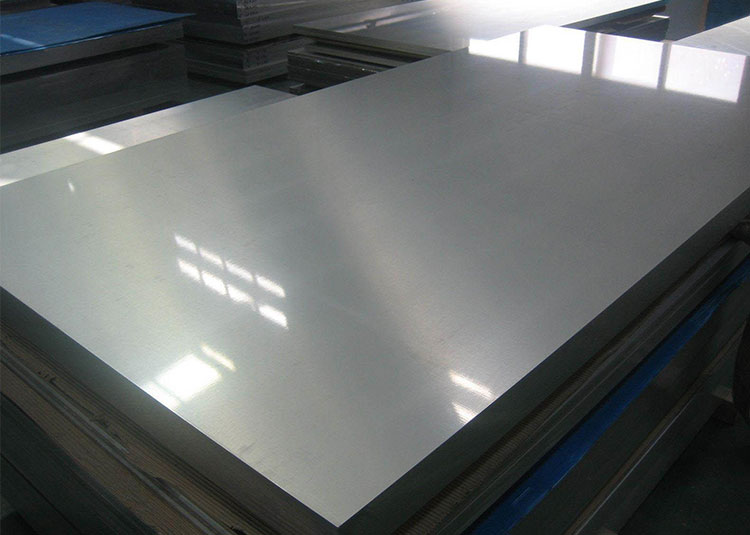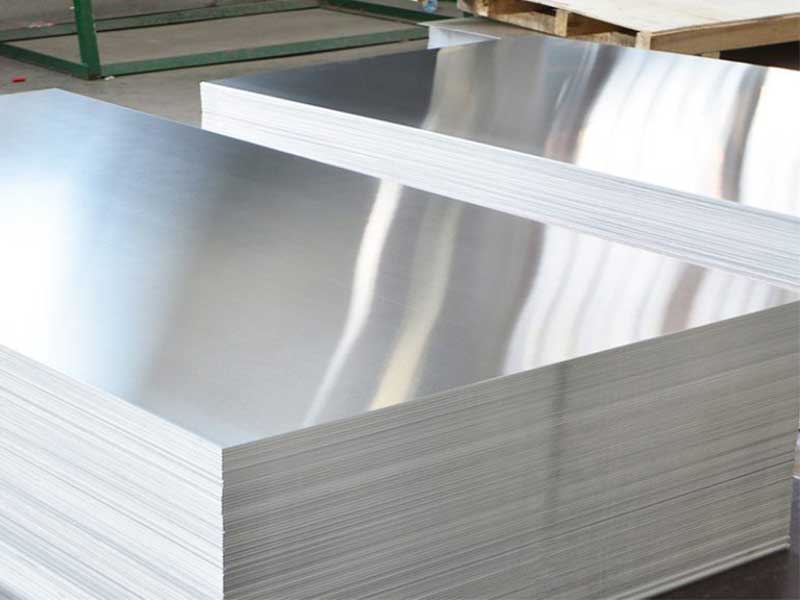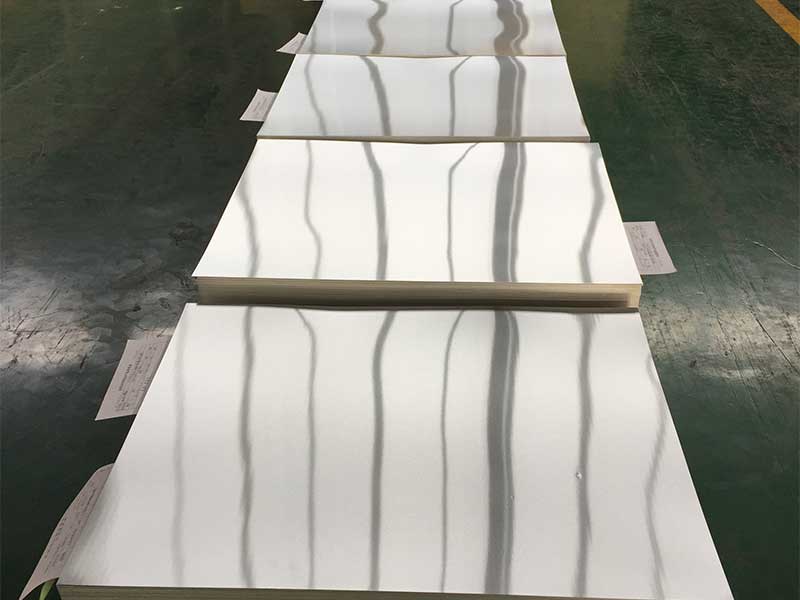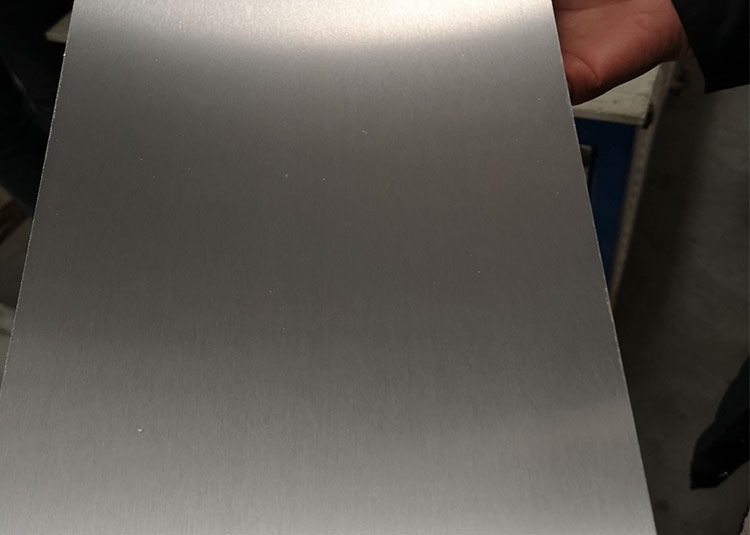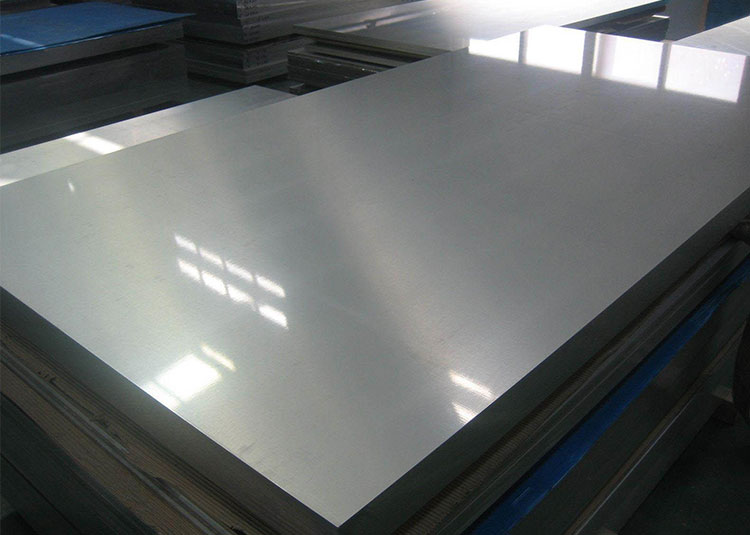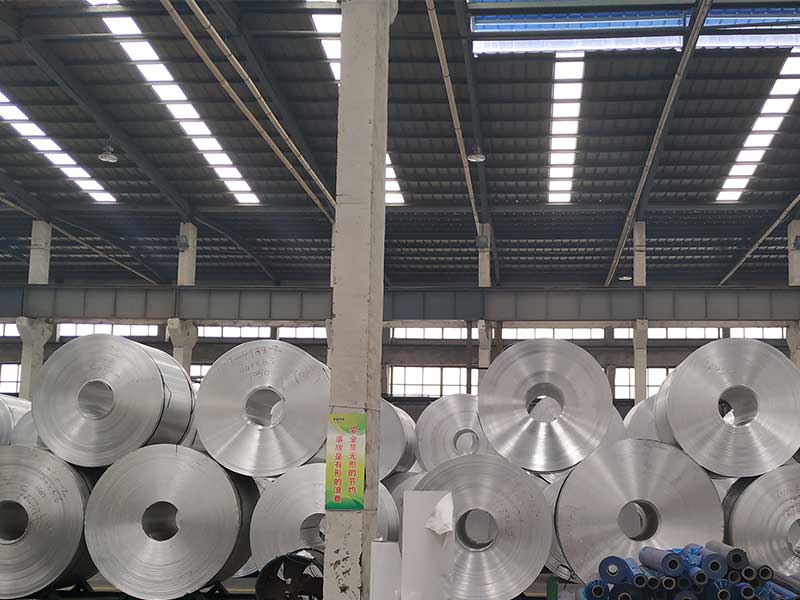Marine environments, with their high humidity, salty air, and constant exposure to harsh elements, demand materials that deliver superior durability and resistant performance. Among these, the 3 mm marine grade aluminium sheet stands out as an essential component in the construction and maintenance of marine vessels and related industries. Its unique combination of lightweight strength, corrosion resistance, and machinability makes it invaluable for marine engineers and manufacturers alike.
Why Choose 3 mm Marine Grade Aluminium Sheet?
A 3 mm thickness strikes a perfect balance between strength and weight. Thick enough to provide structural integrity for hull plating, deck fittings, and superstructure parts, yet thin enough to allow for ease of fabrication and welding. When manufactured under strict marine-grade standards, these sheets play a critical role in safety, performance, and longevity of vessels.
"Marine Grade" Aluminium: Composition and Standards
Marine grade aluminium typically refers to specific alloy series designed for superior corrosion resistance in saline or aquatic environments. Commonly, series 5xxx or 6xxx aluminium alloys are chosen — with 5xxx series (such as 5083 and 5052) renowned for excellent marine resistance and strength due to magnesium as the primary alloying element.
Typical Chemical Composition Example for 5083 Aluminium (Marine Grade):
| Element | Composition (%) |
|---|---|
| Magnesium (Mg) | 4.0 – 4.9 |
| Manganese (Mn) | 0.4 – 1.0 |
| Chromium (Cr) | 0.05 – 0.25 |
| Iron (Fe) | ≤ 0.4 |
| Silicon (Si) | ≤ 0.4 |
| Copper (Cu) | ≤ 0.1 |
| Zinc (Zn) | ≤ 0.25 |
| Aluminium (Al) | Balance |
Alloy Temper and Implementation Standards
Temper designations explain the mechanical properties of marine aluminium sheets post-processing. For 3 mm sheets, the most typical tempers used are:
H116, H321 (strain-hardened and stabilized): These tempers allow superb stress corrosion resistance tailored for marine applications. H116 ensures high strength and anti-corrosion in welded structures.
O (Annealed): Softer, more flexible sheets used where more shaping is needed before tempering.
All sheets to be used in construction and marine applications generally meet recognized international standards, including:
ISO 6362: Specifications for wrought aluminium alloys.
ASTM B928 / B209: Covers aluminum alloy sheet and plate standards.
EN 485-2: For mechanical properties of aluminium sheets.
DNV/GL, ABS marine standards: Classification society approvals lending credibility for shipbuild.
Why do these matter? They ensure consistent thickness tolerance, mechanical properties such as tensile strength (~275 MPa for 3 mm 5083-H116), yield strength, and elongation are met, providing predictable, safe engineering outcomes.
Functional Advantages and Applications
1. Superior Corrosion ResistanceSalt water and chlorides cause severe corrosion in many metals, but marine grade aluminium with the magnesium alloying offers a natural oxide protective layer that resists pitting and stress cracking.
2. Lightweight yet StrongWeighing approximately 2.70 g/cm³ compared to steel’s ~7.85 g/cm³, 3 mm aluminium sheets slash vessel weight, improving buoyancy and fuel efficiency without compromising strength.
3. Fabrication EaseAluminium sheets can be easily cut, rolled, welded (TIG, MIG) and formed. This is why 3 mm thickness is favoured for boat hull plating and components — it balances machinability with structural rigidity.
4. Thermal ConductivityHigh thermal conductivity (around 120-180 W/m.K) using aluminium panels promotes heat dissipation on decks and engine rooms, adding safety through temperature equilibrium.
Common Applications
Boat Hulls and Superstructures: Robust 3mm sheets constitute boat hull plating, decks, and spars.
Marine Enclosures & Equipment Casings: Corrosion resistant housings for instruments and machinery.
Walkways, Stairs, and Ramps on ships: Thin aluminium plates withstand foot traffic and salty air.
Offshore Platforms: Utilized for protective cladding.
Yacht Interiors and Fittings: Lightweight furnishing panels.
Handling and Corrosion Prevention
Even marine grade aluminium needs sound maintenance; despite excellent resistance, localized galvanic corrosion can occur if improperly isolated from other metals, or if paints/primer finishes degrade.
Manufacturers often recommend:
Proper surface finishing (anodizing or marine-grade paints)
Use of aluminum-compatible fastening hardware
Controlled heat treatment seeking optimal H116 or H321 tempers to avoid reduction of corrosion resistance.


